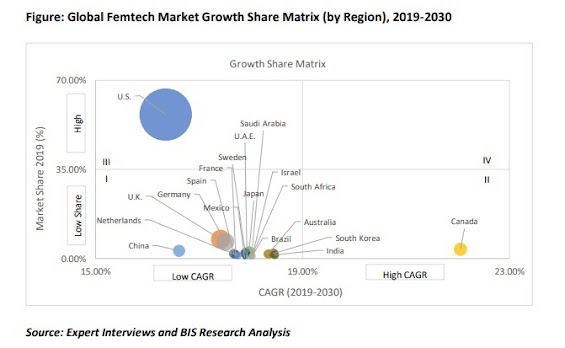The human species is an intelligent machine that can detect when one's health is excellent or terrible. Healthcare practitioners evaluate specific biological factors for optimal functioning to determine the body's state of health. These biological factors are called biomarkers because they serve as indicators of how well or poorly various bodily organs are operating.
In the past, general health issues have been evaluated using clinical tests that measure things like blood pressure, cholesterol, body temperature, or pulmonary function. While a number of genetic and molecular abnormalities are crucial biomarkers for a more complex disease like cancer.
With the advent of powerful digital technologies, the healthcare sector is shifting toward new techniques of health evaluation, even though these biomarkers continue to play a significant role in the precise detection and early prognosis of the diseases. Large, diversified, and complicated data collecting relating to human health now offers a wealth of opportunities because to the rising popularity of wearable technology, such as smartwatches with built-in heart rate monitors and step counters.
Digital biomarkers are the measurable physiological and behavioural data that are measured and gathered by portable, wearable, implantable, or consumable digital devices. These devices' data are often used to forecast linked health outcomes and show how lifestyle choices affect health.
Sources of Information that serve as Digital Biomarkers
Smart devices, the Internet of Things (IoT), and big data technologies are helping individuals live healthier lives and keep track of their daily activities. Additionally, the information gathered by these devices aids researchers in efficiently analysing a large volume of complicated data and forecasting impending risks to human health.
Due to such immense benefits and easy access to public health information, the global digital biomarkers market is growing significantly. According to the BIS Research report, the market was valued at $1.808 billion in 2021 and is expected to reach $16.174 billion by 2028. It is expected to grow at a CAGR of 36.06% during the forecast period 2022-2028.
Relevance of Biomarkers in Healthcare
The use of biomarkers is an important tool for gathering important data at several phases, including disease detection and prevention, identifying potential disease risks, and tracking the effects of treatment on the body. Additional advantages of using biomarkers in medicine include the following:
- Enhancing knowledge of the pathogenic mechanisms underlying chronic illnesses
- Early illness detection in the at-risk asymptomatic population and provision of preventative treatment
- Establishing a precise description of the disease while also making an accurate and conclusive diagnosis
- An important part in the growth of precision medicine.
- Choosing the appropriate course of action based on the disease's severity
- Keeping an eye on how the patients are responding to the treatment.
- Identification of people with a high likelihood of suffering negative side effects from a treatment based on their vital signs
- Early identification of illness recurrence or developing complications
The integration of technology has resulted in a tremendous increase in knowledge about numerous areas of human health. It contributes to the creation of improved cures and treatment methods, as well as the accessibility of healthcare services. Similarly, the rise of the field of digital biomarkers has piqued the interest of the healthcare business, which is looking for advancements that will likely revolutionise the knowledge and practise of healthcare.






No comments:
Post a Comment